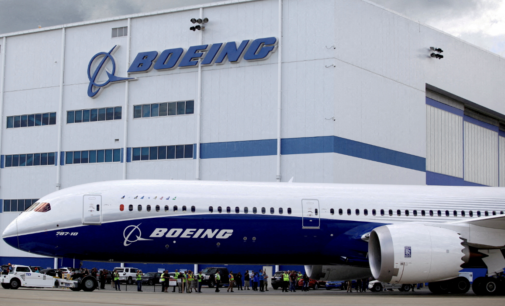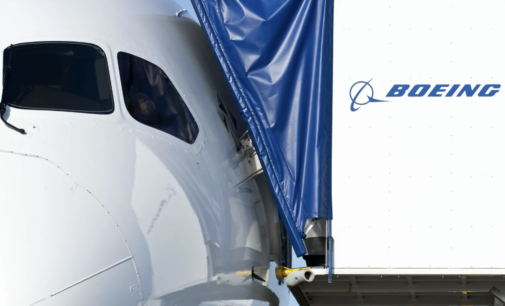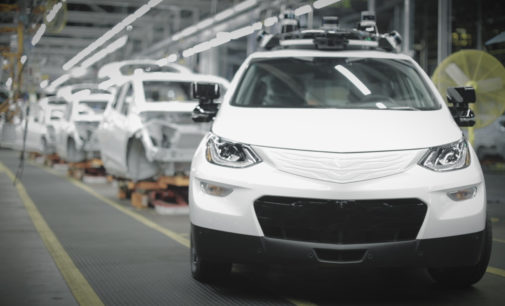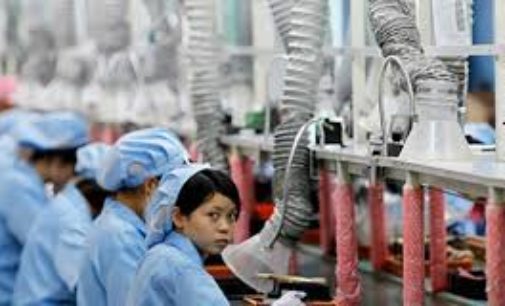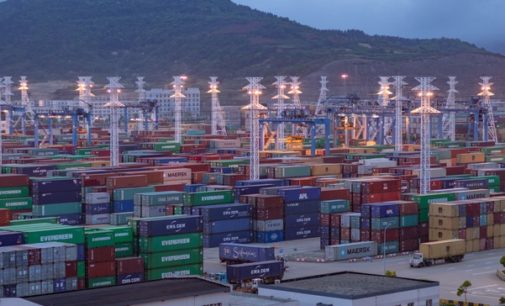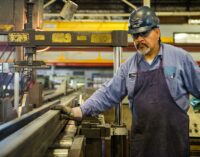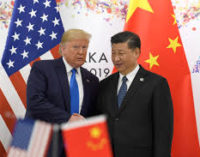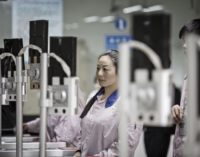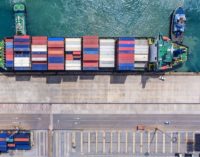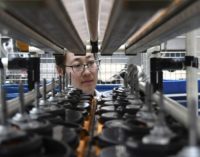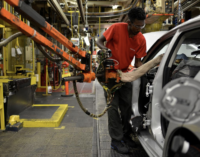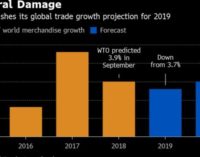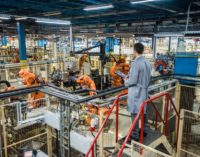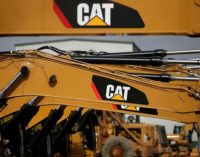Automaker follows Tesla’s lead to reduce parts expenses by 10% and save a billion dollars in development costs.
RELATED NEWS
Purchased from an obscure Chinese company, material was sold with falsified documents and used in parts that went into jets from both OEMs.
Whistleblower concerns involve changes to the fuselage assembly, which entails fitting together and fastening giant sections of the fuselage — each one produced by a different company.
Boeing CEO Dave Calhoun said it could take until the end of 2024 to iron out supply chain problems hampering global jetliner production, Reuters reports.
Boeing said it doesn’t anticipate a major disruption to aircraft output in the near term after stopping titanium purchases from Russia, Bloomberg reports.
Detroit’s big three automakers are to shut down all factories due to fears over the coronavirus.
U.S. factories around Shanghai will be back at work this week, but the “severe” shortage of workers due to the coronavirus will hit production and global supply chains, Bloomberg reports.
Companies that rely on manufacturing from facilities in Wuhan, China, are considering alternative suppliers as facilities in the region face potential production delays.
Economic activity contracted in December to lowest level in more than 10 years, according to the Institute for Supply Management.
President Donald Trump’s strategy to use import tariffs to protect and boost U.S. manufacturers backfired and led to job losses and higher prices, according to a Federal Reserve study first reported by MarketWatch.
U.S. manufacturing activity remains mired in contraction territory, according to the Institute for Supply Management.
Trade talks between the U.S. and China have hit a snag over farm purchases because China leery of putting a numerical commitment in the text of an agreement, the Wall Street Journal reports.
“I’m not hearing people blame the Fed as much as they’re blaming tariffs,” says CNBC’s Jim Cramer.
Tariff costs prompt executives to shift production to other countries: ‘Once you move, you don’t go back,’ the Wall Street Journal reports.
The hearings are a chance for businesses and other organizations to voice opinions surrounding the fourth list of proposed tariffs of up to 25% on $300 billion in Chinese goods.
China’s factory output and consumer spending weakened in April as a tariff war with Washington intensified, adding to pressure on Beijing to shore up shaky economic growth, Industrial Distribution reports.
U.S. manufacturing output was unchanged in March after two straight monthly declines, resulting in the first quarterly drop in production since President Donald Trump was elected, Reuters reports.
The reduced forecast for 2019 marks the second consecutive year the WTO has pared back expectations and broadly reflects similar readings from the World Bank and the International Monetary Fund.
Now that more companies are realizing the financial and environmental benefits of investing in production methods and technologies that take the dirty work out of making stuff, clean manufacturing is no longer an oxymoron, Forbes reports.
Industrial services powerhouse Caterpillar saw its stock price dive 8% when it gave disappointing adjusted earnings guidance for 2018, blamed partly on tariffs imposed by President Trump, The Hill reports.





